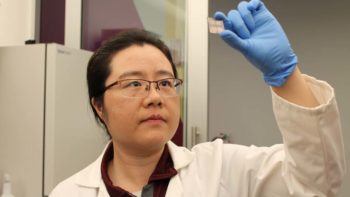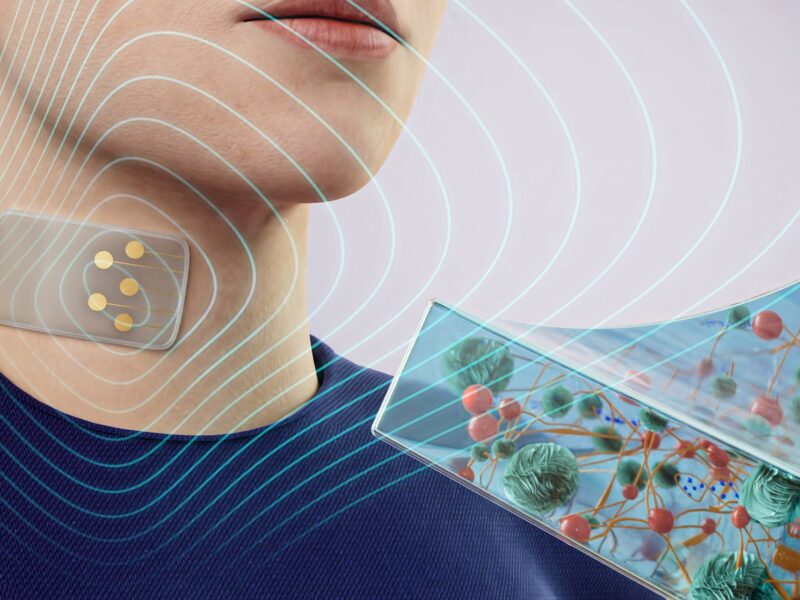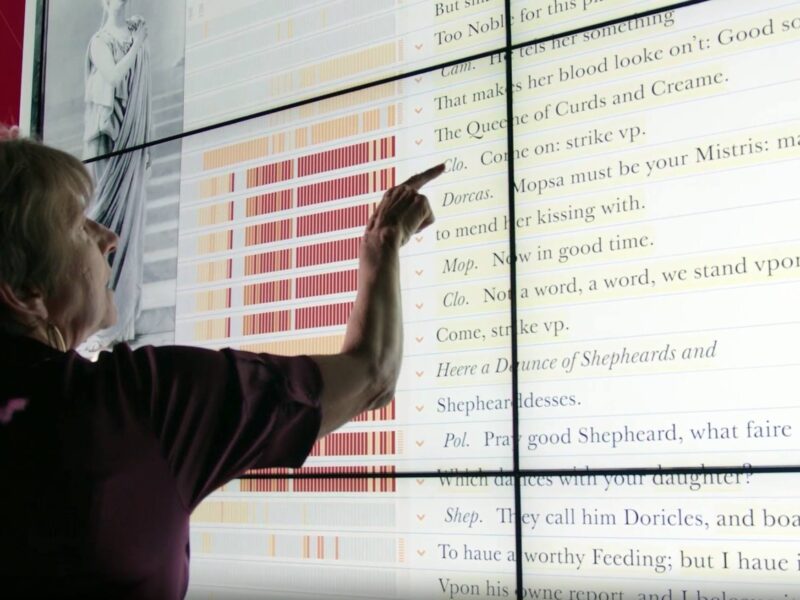New Protein Biosensors Could Help Rapidly Diagnose Kidney Injuries

Limei Tian, assistant professor in the Department of Biomedical Engineering at Texas A&M University, recently received the Trailblazer R21 Award from the National Institute of Biomedical Imaging and Bioengineering, part of the National Institutes of Health, to support her research developing biosensors.
Tian’s current project focuses on developing biosensors to detect biomarkers for an acute kidney injury (AKI), where the kidney suddenly stops working normally. This would involve monitoring the concentration of proteins in urine. While there are established protein biomarkers, the challenge is continuously monitoring them. Detecting AKI can be a time-sensitive process for determining proper treatment, and protein concentrations can change rapidly, meaning a continuous monitor would also benefit clinicians.
“There are current procedures that can detect those proteins very accurately, but every time the doctor orders these, it’s going to take several hours depending on whether the hospital has the capability of logging them,” Tian said. “In most cases, you have to send these samples to a central lab, and it’s going take several days to turn around results.”
Tian said the goal is to design a biosensor that could detect the concentration and provide an update every 30 minutes, which could provide more timely clinical intervention on the patient’s behalf. The biosensor would be small and ideally could easily be integrated into a catheter or implanted into the bladder in a minimally invasive process. Because the sensor would be designed in a soft electronic format, Tian said the applications for the biosensor extend outside of detecting AKI.
One example would be analyzing protein levels in the fluid outside cells, the interstitial fluid. By monitoring concentrations and comparing them to protein levels in the blood, researchers can better measure correlations between the two.
“Those are interesting clinical questions, and, with this tool, we can answer those fundamental questions, which can impact many other areas,” Tian said. “That’s what we are excited about. We are developing an enabling technology not only for this project, but it’s really a platform technology we’re hoping not only revolutionizes disease diagnosis but in general health monitoring.”
The Trailblazer Award supports high-impact projects with the potential to transform understanding or practice by applying an innovative approach to biomedical challenges. The team was awarded $589,100 for use over three years.
“The theme of our lab is developing novel biosensing platforms,” Tian said. “This is a biosensing project, and also it’s funded by a very prestigious award. That is very encouraging for a starting lab.”
This article by Jennifer Reiley originally appeared on the College of Engineering website.





